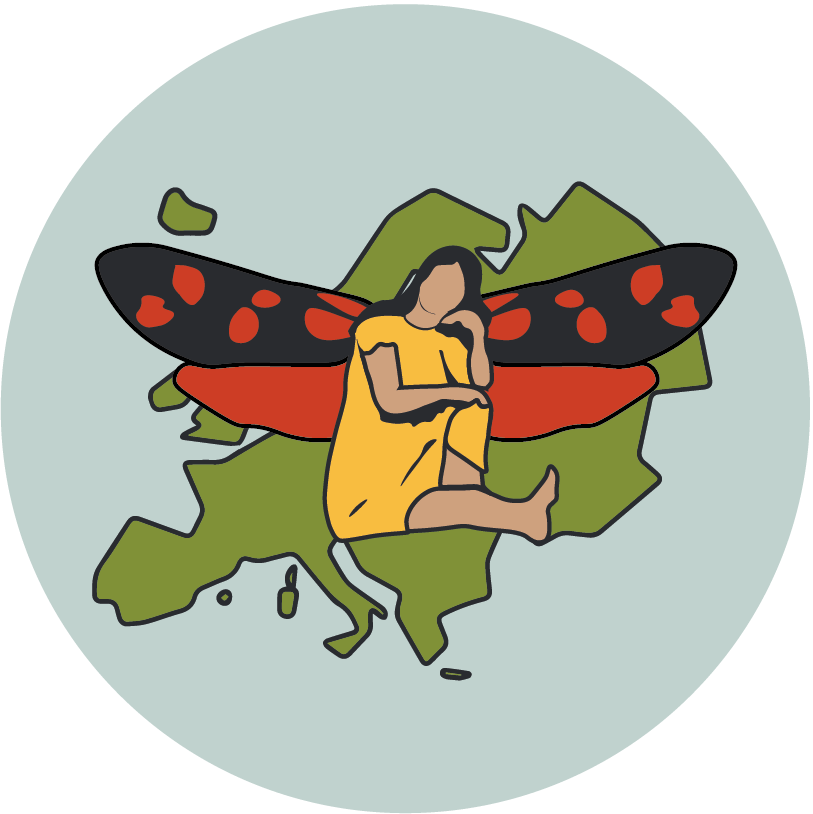Sampling Hubs
To generate chromosomal reference assemblies by the end of 2024, Psyche has established six sampling hubs. Each hub has set out to seek out and cryo-preserve at least 200 species of Lepidoptera. All sequencing for this phase is being conducted at the Wellcome Sanger Institute. To read more about the three phases of the project, visit our Roadmap.
These hubs are:
- Wellcome Sanger Institute, UK
- University of Oulu, Finland
- Biology Centre of the Czech Academy of Sciences, Czechia
- University of Neuchâtel, Switzerland
- Institute of Evolutionary Biology, Spain
- Lund University, Sweden
- University of Florence, Italy
Hubs are indicated in the map below by the purple stars, while all Psyche members are in red circles.
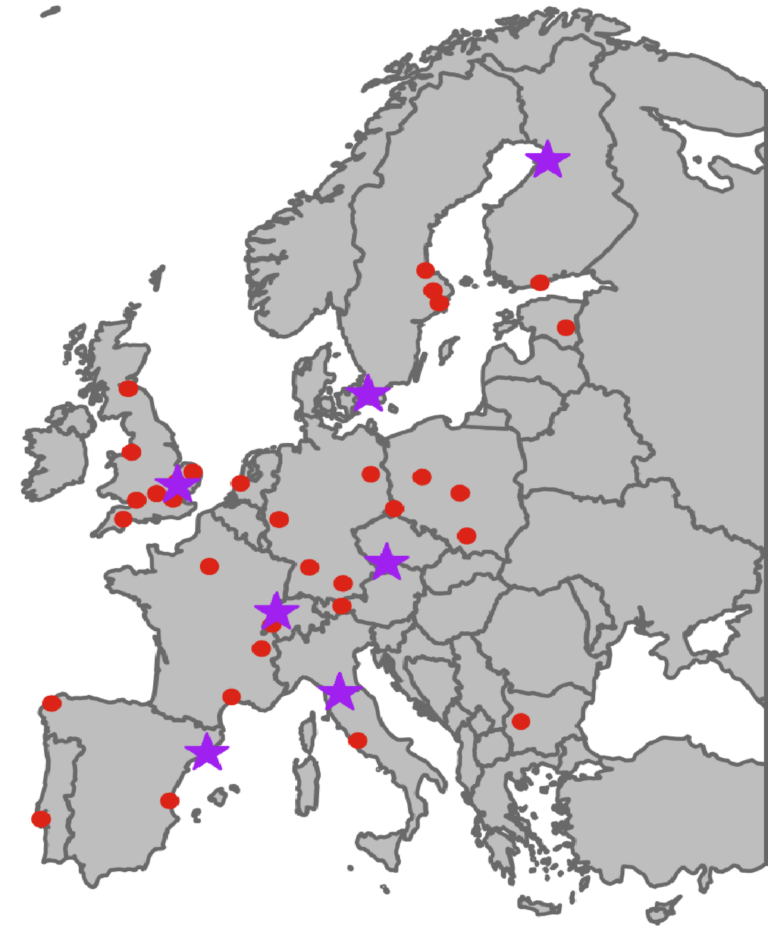
Hub leads
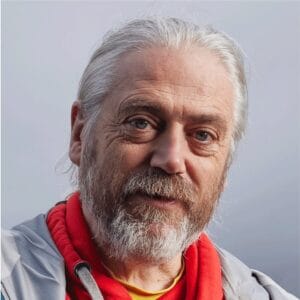
Mark Blaxter
Wellcome Sanger Institute, UK

Claudia Bruschini
University of Florence
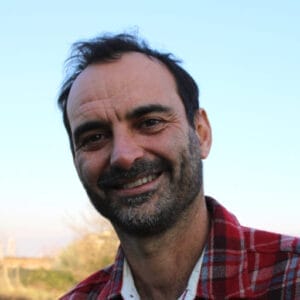
Leonardo Dapporto
University of Florence, Italy

Vlad Dinca
University of Oulu, Finland

Irena Klečková
Biology Centre of the Czech Academy of Sciences

Kay Lucek
University of Neuchâtel, Switzerland
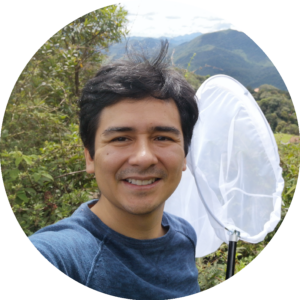
Pavel Matos
Biology Centre of the Czech Academy of Sciences
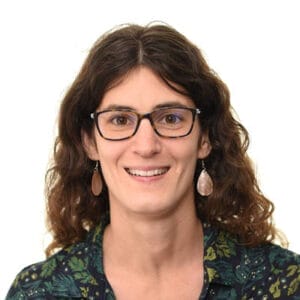
Joana Meier
Wellcome Sanger Institute, UK

Marko Mutanen
University of Oulu
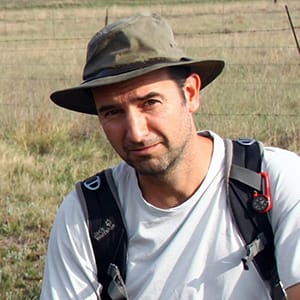
Roger Vila
Institute of Evolutionary Biology, Spain
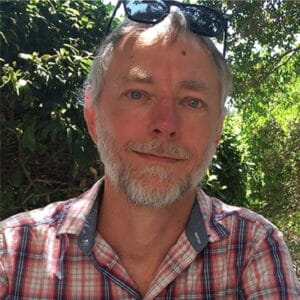
Niklas Wahlberg
Lund University, Sweden
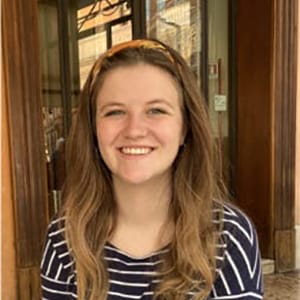
Charlotte Wright
Wellcome Sanger Institute, UK
